Climate News

It is just a provisional deal for now, but yesterday the member states of the European Union, the European Parliament, and the European Commission reached an agreement to ban all sales of internal combustion engine cars and vans by 2035. They probably didn\'t think it through.

New technologies for NASA’s Earth Surface Mineral Dust Source Investigation are turning out to have another important use by identifying previously undetected large methane emissions sites on the Earth, making it possible in some cases to shut them down.
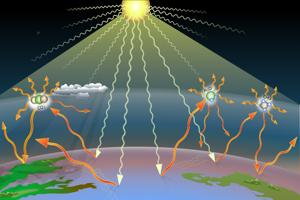
A new report just released by the World Meteorological Organization said atmospheric concentrations of carbon dioxide, methane, and nitrous oxide in 2021 climbed to their highest levels yet. The worst news was that methane concentrations rose by the single largest increase since records were recorded.

Ridding our world of greenhouse gas emissions from cars and trucks depends on rapidly ramping up production of electric vehicles well beyond current rates. Making that happen is far from trivial, with the supply of cobalt and lithium used in EV batteries becoming the next precious resource battleground.

Accelerating temperature rise from the climate crisis may soon force yet another species to extinction. This time it is the wild apple which used to thrive in the mountainous regions of parts of Central Asia.
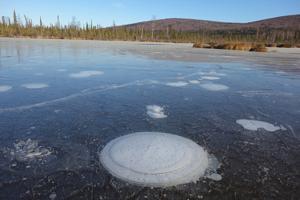
A new study of permafrost melting and methane has determined the pace of global heating could push total carbon releases from the Arctic this century to as high as some of the biggest industrial nations have emitted in total since the industrialized age began.

The country of Norway, more known in the energy industry for it highly profitable fossil fuel enterprises, is providing a seed capital grant for a unique solution to harvesting renewable wind power from floating platforms.

The total count of all wild mammals, birds, amphibians, fish, and reptiles has dropped an astounding 69% in just under five decades, according to a just released study by the World Wildlife Fund for Nature.
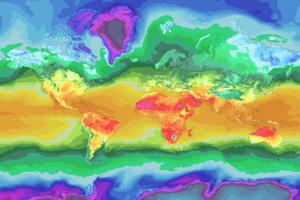
Global heating associated with the climate crisis is now leaving its mark on more of the heavily populated regions of the world, according to a new UN report, and is considered one of the major contributors to suffering and death.

How do we increase food production by more than 50%, on a limited amount of arable land, to feed a projected 10 billion people by 2050? The solution could come in the form of nutritious and protein-dense single-celled microalgae, grown in onshore, seawater-fed aquaculture systems.

Ian, one of the most destructive hurricanes ever to hit Florida and the southeastern United States, has left the region with estimated damage of between $66 and $75 billion. Crops, housing, roads, bridges, and all varieties of infrastructure are in ruins.

Accelerated sea ice loss in the Arctic due to global heating is allowing carbon dioxide absorption at rates three to four times higher than in any other open sea or ocean anywhere on the planet. The resulting rapid decline in pH is already contributing to the rapid collapse of Arctic Ocean ecosystems.

For a long time, policymakers and scientists alike have leaned on the idea that rainforest trees will continue to draw in excess carbon from the atmosphere at high rates, as one of many solutions to excess greenhouse gas emissions. A new study shows that as trees warm up due to global heating, they in fact rapidly decrease their ability to store carbon.
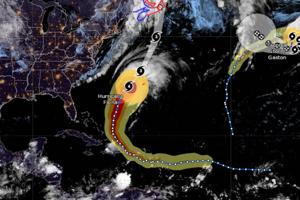
On the morning of September 24, the same hurricane which just pummeled Puerto Rico and the Dominican Republic may make history. After making an abrupt northwards turn, it is expected to make landfall on Nova Scotia with record wind gusts, storm surges, and what could be the lowest air pressure ever recorded in Canada.

The Bureau of Reclamation announced that 26 Tribes in 12 states will receive $10.3 million through the Native American Affairs Technical Assistance to Tribes Program. This will help support Native American Tribes in their efforts to prepare for and mitigate the impacts of drought.

Secretary General António Guterres yesterday declared that the fossil fuel companies should be forced to pay windfall profits taxes for their role in the climate crisis, and that the money should be distributed to poorer nations forced to suffer from its impacts.
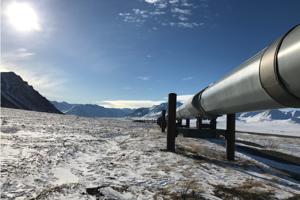
Last week a joint session of two Congressional oversight committees held their third hearing about how the fossil fuel companies have hidden how much they really knew about the climate crisis and their companies\' role in causing it.

The Dutch town of Haarlem, with a population of 160,000, just became the first urban center anywhere to ban the advertising of meat in all public areas. The goal is to cut consumption of products derived from livestock because they contribute substantially more to greenhouse gas emissions than do plant-based items.
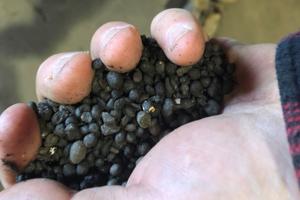
A multi-year study involving optimizing the design of composts matched to the needs of specific crops could pay off with higher agricultural yields while minimizing biowaste from the composts themselves.
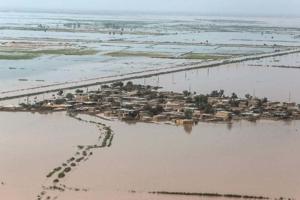
As Pakistan deployed emergency crews to save those homeless, hungry, and without water because one-third of the country was under water from recent floods, its largest lake was about to crash through surrounding banks.
